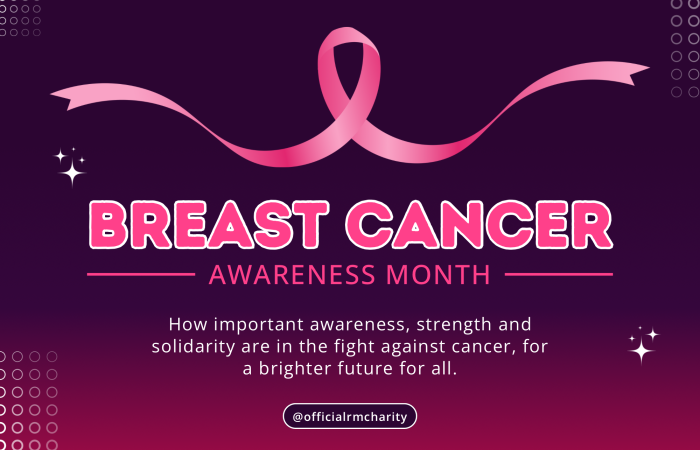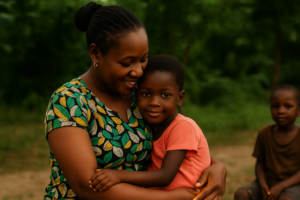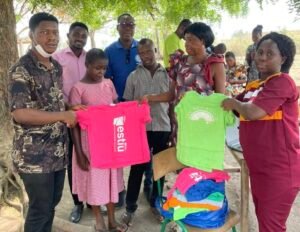Breast cancer awareness is an essential step in reducing the impact of one of the most common cancers affecting women worldwide. While advances in research and treatments have been made, the importance of early detection and education cannot be overstated. For many, the journey begins with knowing the risk factors and recognizing the signs. Through education and awareness, communities can be empowered to take proactive steps toward prevention and early treatment.
Understanding the Risk Factors for Breast Cancer Awareness
Firstly, breast cancer can be influenced by various factors, some of which are beyond our control. However, awareness of these risks can encourage individuals to monitor their health more closely. Genetics plays a significant role, as women with a family history of breast cancer are more likely to develop the disease. Age is another factor, with women over 50 at a higher risk. Lifestyle choices, including alcohol consumption, lack of physical activity, and poor diet, have also been linked to breast cancer. By sharing this information, individuals can be encouraged to adopt healthier lifestyles to lower their risk.
The Importance of Early Detection in Breast Cancer Awareness
Secondly, early detection remains one of the most powerful tools in the fight against breast cancer. Regular screening, such as mammograms, is vital for women over the age of 40, as it increases the chances of identifying cancer at an early, more treatable stage. However, self-examinations are also recommended, as changes in breast tissue can sometimes be detected before any other symptoms appear. When women are educated about the significance of early detection, survival rates are improved. Therefore, awareness campaigns should focus on encouraging women to prioritize their health by scheduling routine checkups and performing monthly self-examinations.
Educating the Public on Breast Cancer Awareness
Knowledge is the cornerstone of breast cancer prevention and early detection. Community education programs can provide valuable information on symptoms to watch for, including lumps, changes in breast size, or unusual discharge. These programs also offer guidance on accessing healthcare services and the availability of free or low-cost screening options. Education initiatives should aim to reach diverse populations, ensuring that language barriers or socioeconomic factors do not hinder access to vital information.
Treatment Options and Support in Breast Cancer Awareness
In addition to awareness, it is important to inform the public about the treatment options available for breast cancer—these range from surgery, chemotherapy, and radiation therapy to newer, targeted treatments. The psychological and emotional impact of breast cancer can be overwhelming, which is why support networks are crucial. Support groups, counseling, and survivor networks provide much-needed encouragement and emotional assistance for those navigating their cancer journey.
Advocating for Change in Breast Cancer Awareness
While much progress has been made in the fight against breast cancer, there is still work to be done. Advocacy for increased funding for research, better access to screenings, and improved healthcare services is vital. Organizations can play a key role by raising awareness and pushing for policies that support women affected by breast cancer. Through collective efforts, change can be enacted, and lives can be saved.
Final Thoughts on Breast Cancer Awareness
Breast cancer awareness is a continuous effort that requires community involvement, education, and advocacy. By raising awareness, encouraging early detection, and offering support to those affected, we can reduce the devastating impact of this disease. Our organization remains committed to promoting breast cancer awareness and ensuring that individuals have the knowledge and resources needed to take control of their health. Through awareness, lives can be changed—and saved.




